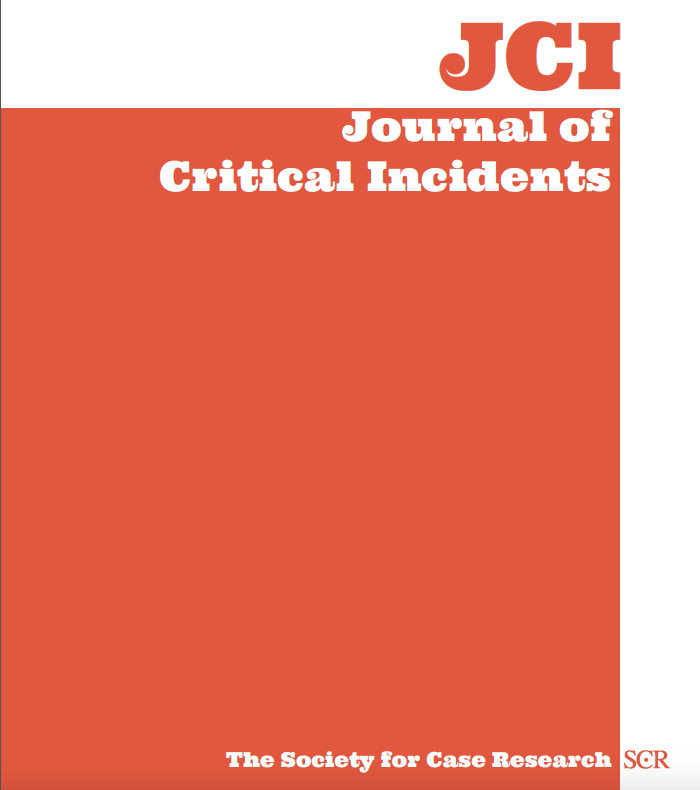But I Can’t Eat That: Should Babcock Ice Cream Change its Ingredients?

Babcock Hall Dairy Plant and Store is part of the Food Science Department of the University of Wisconsin-Madison (UW). With an operating and award-winning dairy processing plant on campus, Babcock has produced and sold ice cream for over 67 years. The proceeds from the ice cream sales support UW’s mission of research, teaching, and outreach. The ice cream is so deeply embedded in UW’s culture that it is considered part of the “Wisconsin experience,” and students, faculty, alumni, and community members all patronize the store frequently to enjoy the premium ice cream. But not everyone can enjoy the famous ice cream.
Upon completion of this assignment, students should be able to:
1. Understand and explain the concepts of diversity and inclusion
2. Compare and contrast different stakeholder views
3. Identify, examine, and apply different ethical frameworks
4. Evaluate the role of higher education institutions in this kind of conflict
5. Appraise divergent ethical views and weigh the arguments
Application
This case could be used to teach modules in diversity and inclusion, ethics, social justice, or higher education policy at the undergraduate or graduate level.
